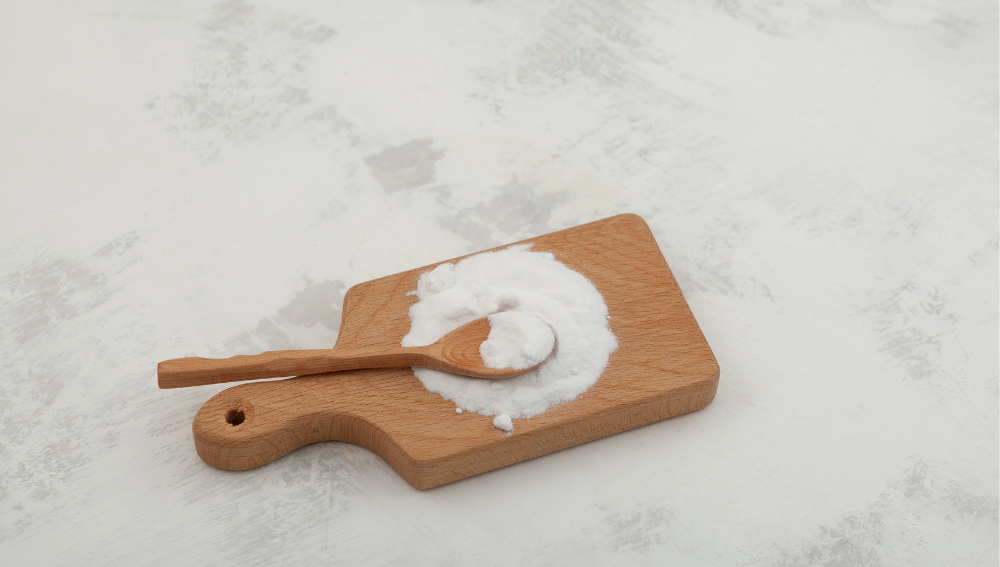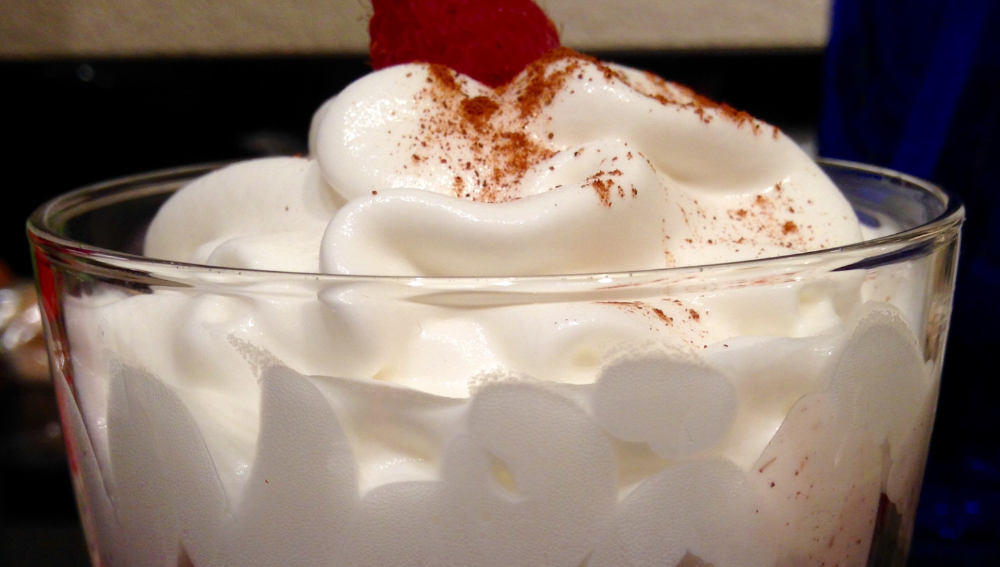Sherry vinegar and sherry cooking wine are two ingredients that are commonly used in cooking. While they may seem similar, they have distinct differences in terms of flavor, production, and culinary uses.
In this article, I will explore the differences between sherry vinegar and sherry cooking wine and provide insights into when to use each ingredient.
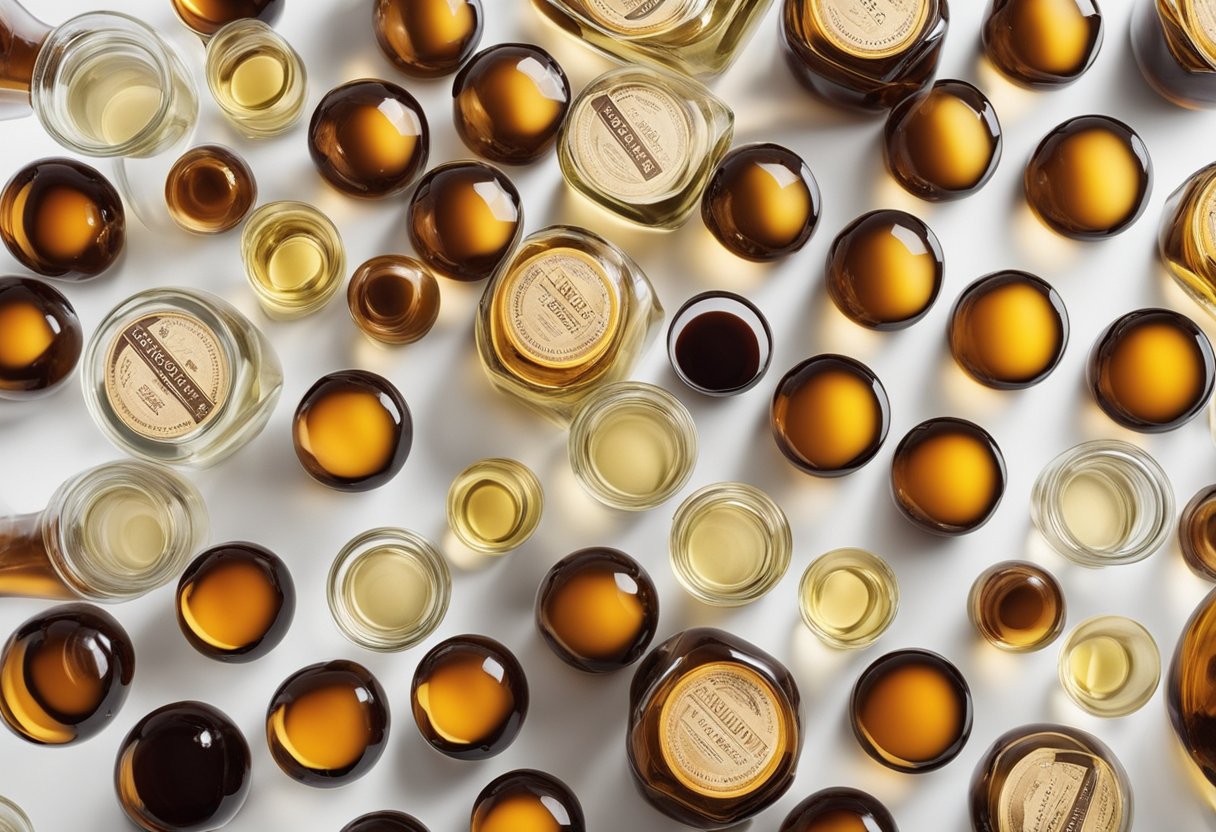
Understanding the differences between sherry vinegar and sherry cooking wine is important for any cook who wants to create delicious and authentic dishes. Sherry vinegar is made from fermenting sherry wine and has a tangy, acidic flavor.
On the other hand, sherry cooking wine is a wine mixed with brandy and has added salt in it. It has a sweet, nutty flavor that adds depth and complexity to dishes. Knowing the taste profiles of these two ingredients can help you choose the right one for your recipe.
Key Takeaways
- Sherry vinegar has a tangy, acidic flavor, while sherry cooking wine has a sweet, nutty flavor.
- Sherry vinegar is a condiment, while sherry cooking wine is a cooking ingredient.
- Sherry vinegar is more expensive and has a stronger flavor than sherry cooking wine.
Understanding Sherry Vinegar and Sherry Cooking Wine
I have always been fascinated by the different types of vinegar and wine that are available for cooking.
Two such ingredients that are often used interchangeably are sherry vinegar and sherry cooking wine. While they may seem similar, there are some key differences between the two.
Sherry vinegar and sherry cooking wine are both made from sherry wine, which is produced in the Jerez region of southern Spain. Sherry wine is a fortified wine, which means that it has had additional alcohol added to it during the production process.
Sherry wine is made from white grapes, and there are three main types of grapes used in the production: Palomino, Pedro Ximénez, and Moscatel.
Sherry vinegar is made by fermenting sherry wine. The vinegar is then aged in oak barrels for at least six months, although some vinegars are aged for much longer. The result is a tangy and complex vinegar that is often used in dressings, marinades, and sauces.
Sherry cooking wine, on the other hand, is not pure sherry. It is a wine that has been mixed with brandy and has added salt in it.
This makes it a popular ingredient in cooking, as it adds depth and complexity to dishes without overpowering them. Sherry cooking wine typically has a lower alcohol content than sherry vinegar.
One of the key differences between sherry vinegar and sherry cooking wine is their intended use. Sherry vinegar is primarily used as a condiment, while sherry cooking wine is used as a cooking ingredient.
Sherry vinegar is also more expensive than sherry cooking wine, due to its longer aging process and the fact that it is pure sherry.
In Spain, sherry vinegar is regulated by the Consejo Regulador, which ensures that the vinegar is made according to strict guidelines.
There are three types of sherry vinegar: Vinagre de Jerez, Vinagre de Jerez Reserva, and Vinagre de Jerez Gran Reserva. Each type has its own aging requirements and flavor profile.
Overall, both sherry vinegar and sherry cooking wine can be used to enhance the flavor of dishes. However, it is important to understand their differences and use them appropriately in order to achieve the desired result.
Taste Profiles

When it comes to taste, sherry vinegar and sherry cooking wine have distinct differences. Sherry vinegar is known for its acidic taste, which can range from mild to strong depending on the brand and the aging process.
The fermentation process of sherry vinegar is similar to any vinegar, which gives it a sour and slightly salty flavor.
On the other hand, sherry cooking wine has a splash of alcohol that gives it a slightly sweet taste. It is used to add sweetness to dishes like sauces, stews, and marinades.
Sherry cooking wine has a milder taste compared to sherry vinegar, but it still has a distinct flavor profile that is unique to sherry wine.
Sherry vinegar has a rich and robust flavor with hints of nuttiness, caramel, and oak. The longer it is aged, the more complex its flavor profile becomes. Aged sherry vinegar can have a sweet and sour taste, with a caramel-like sweetness and a nutty aftertaste.
Sherry cooking wine, on the other hand, has a mild and sweet flavor with a hint of acidity. It is commonly used in cooking to add depth and complexity to dishes. It can also be used as a substitute for white wine in recipes that require it.
In summary, sherry vinegar and sherry cooking wine have distinct taste profiles. Sherry vinegar is known for its acidic and sour taste, while sherry cooking wine has a mild and sweet flavor with a hint of acidity. Both have unique flavor profiles that can add depth and complexity to dishes.
Culinary Uses
Sherry vinegar and sherry cooking wine have different culinary uses. Sherry vinegar is commonly used as a condiment in salad dressings, marinades, and sauces. Its acidic taste adds a tangy flavor to the dish. It is also used in vinaigrettes and as a substitute for balsamic vinegar.
On the other hand, sherry cooking wine is used in cooking to enhance the sweetness of the dish. It is used in savory dishes, casseroles, soups, stews, and braises. It is also used in meat dishes such as beef stew and seafood dishes.
Sherry vinegar is also used as a flavor enhancer in vegetables and salads. It is a great addition to roasted vegetables, adding a nutty flavor to the dish. It can also be used in salad dressing, adding a unique flavor to the dressing.
In contrast, sherry cooking wine is used to add flavor to the dish. It is commonly used in marinades, adding a sweet flavor to the dish. It is also used in sauces, adding a rich flavor to the sauce.
In summary, sherry vinegar is a condiment used to add a tangy flavor to the dish, while sherry cooking wine is used to enhance the sweetness of the dish. Both have their own unique culinary uses and can be used in various dishes.
Substitutes and Alternatives
When it comes to substituting sherry vinegar or sherry cooking wine, there are various options available.
Here are some alternatives that you can use in place of sherry vinegar or sherry cooking wine:
- Dry Sherry: Dry sherry is a great substitute for sherry cooking wine. It has a similar flavor profile and acidity level. However, it is important to note that dry sherry has alcohol content, so it may not be suitable for everyone.
- White Wine Vinegar: White wine vinegar is another good substitute for sherry vinegar. It has a similar acidity level and can be used in the same amount as sherry vinegar in recipes. However, it has a milder flavor than sherry vinegar, so you may need to adjust the seasoning accordingly.
- Balsamic Vinegar: Balsamic vinegar can be used as a substitute for sherry vinegar in some recipes. However, it has a sweeter and more intense flavor than sherry vinegar, so it may not be suitable for all dishes.
- Regular Vinegar: Regular vinegar, such as white or apple cider vinegar, can be used as a substitute for sherry vinegar in a pinch. However, it has a much stronger and harsher flavor than sherry vinegar, so you may need to dilute it with water or use less of it in recipes.
- Red Wine Vinegar: Red wine vinegar can also be used as a substitute for sherry vinegar. However, it has a stronger and more intense flavor than sherry vinegar, so you may need to use less of it in recipes.
It is important to note that each substitute has its own unique flavor and acidity level, so you may need to adjust the seasoning accordingly when using them in recipes.
Additionally, some substitutes may not be suitable for all dishes, so it is important to consider the overall flavor profile of the dish before making a substitution.
Sherry Vinegar vs Sherry Cooking Wine: Health Benefits
As a culinary ingredient, sherry vinegar and sherry cooking wine are both used to enhance the flavors of dishes. However, they also offer numerous health benefits due to their unique properties.
Sherry vinegar, for instance, is rich in antioxidants such as phenols, which help to protect the body against oxidative damage caused by free radicals. This can reduce the risk of chronic diseases such as cancer, heart disease, and Alzheimer’s disease.
Sherry cooking wine, on the other hand, contains polyphenols that have been linked to improved heart health. These compounds can help to lower blood pressure, reduce inflammation, and improve cholesterol levels.
Both sherry vinegar and sherry cooking wine are also low in calories and fat, making them a healthy addition to any diet. They are also a good source of vitamins and minerals, including iron, potassium, and magnesium.
Overall, while sherry vinegar and sherry cooking wine may differ in terms of their taste and culinary uses, they both offer a range of health benefits that make them a valuable addition to any kitchen.
Production and Ageing Process
Sherry vinegar and sherry cooking wine are made from the same grape variety, the Palomino grape, which is grown in the Spanish region of Jerez.
The production process for both starts with the fermentation of the grape juice. However, the production process diverges after the initial fermentation.
Sherry vinegar is made by allowing the fermented grape juice to age and sour naturally. The vinegar is then aged further in oak barrels for up to two years.
This ageing process gives the vinegar a complex, nutty, and fruity flavor profile. The longer the vinegar is aged, the more intense its flavor becomes.
On the other hand, sherry cooking wine is fortified with additional alcohol after the initial fermentation to raise its alcohol content.
This fortifying process gives the wine a higher alcohol content, making it more suitable for cooking. The wine is then aged in oak barrels for varying lengths of time, depending on the desired flavor profile.
The ageing process for sherry cooking wine can range from a few months to several years. During this time, the wine takes on the flavors and aromas of the oak barrels, giving it a distinct nutty and caramel-like flavor. The longer the wine is aged, the more complex and intense its flavor becomes.
It is important to note that the quality of the grapes used also differs between sherry vinegar and sherry cooking wine.
While the lowest quality grapes are selected to produce sherry vinegar, marginally better quality grapes are used for sherry cooking wine.
In summary, both sherry vinegar and sherry cooking wine are produced from the same grape variety and undergo fermentation.
However, sherry vinegar is allowed to age and sour naturally before being aged further in oak barrels, while sherry cooking wine is fortified with additional alcohol and aged in oak barrels for varying lengths of time.
Other Considerations
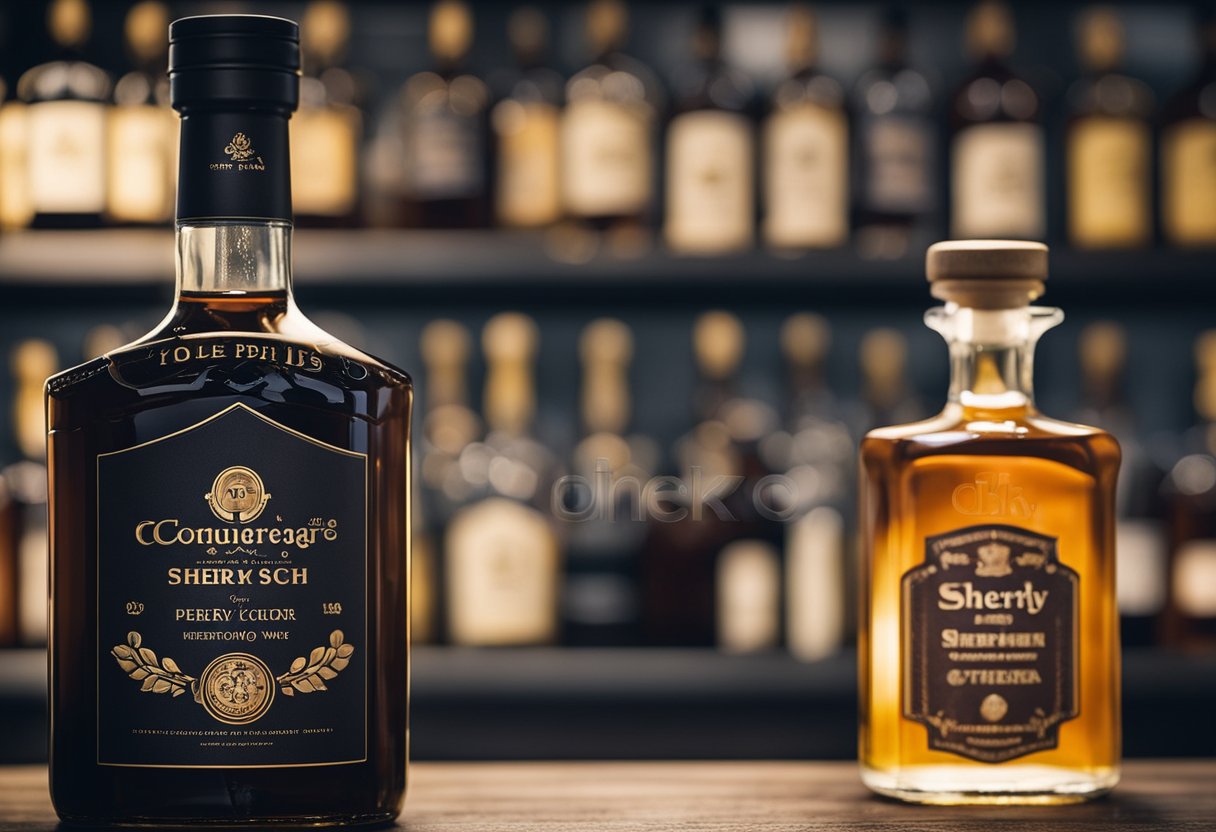
When it comes to sherry vinegar and sherry cooking wine, there are a few other things to consider beyond their differences in flavor and acidity.
Shelf Life
Sherry vinegar has a longer shelf life than sherry cooking wine. This is because the vinegar is already acidic, which helps to preserve it. However, both should be stored in a cool, dark place to ensure they stay fresh for as long as possible.
Color
Sherry vinegar is typically darker in color than sherry cooking wine. This is because it is aged for a longer period of time, which gives it a deeper, amber color.
Dry vs Sweet
Sherry cooking wine is typically sweet, while sherry vinegar is dry. If you are looking to add sweetness to a dish, sherry cooking wine may be a better choice. However, if you want to add depth and complexity without adding sweetness, sherry vinegar is the way to go.
Chicken and Meat Dishes
Both sherry vinegar and sherry cooking wine can be used to add flavor to chicken and meat dishes. Sherry cooking wine is often used to deglaze pans and create flavorful sauces, while sherry vinegar can be used to marinate meats or add a tangy kick to roasted chicken.
Sugar Ratio
Sherry cooking wine contains added sugar, which can make it less suitable for those watching their blood sugar levels. Sherry vinegar, on the other hand, is sugar-free and can be a better option for those with diabetes or other blood sugar concerns.
Types of Sherry
Sherry is a fortified wine that comes in a variety of styles, including palomino and moscatel. While both sherry vinegar and sherry cooking wine can be made from any type of sherry, some varieties may be better suited for certain dishes or flavor profiles.
Andalusia
Sherry vinegar is a staple ingredient in the cuisine of Andalusia, a region in southern Spain. It is often used in dishes featuring dried fruits, nuts, and other local ingredients.
Vanilla Extract
Sherry cooking wine can be used as a substitute for vanilla extract in some recipes. However, it is important to note that the flavor profile will be different, and the sweetness of the sherry may affect the overall taste of the dish.
Stability
Sherry vinegar is a stable ingredient that can be stored for long periods of time without spoiling. Sherry cooking wine, on the other hand, may not be as stable and may spoil more quickly.
Cost
Sherry cooking wine is typically less expensive than sherry vinegar, making it a more budget-friendly option for those looking to add sherry flavor to their dishes.
However, it is important to note that the flavor profile and acidity of the two ingredients are quite different, so they may not be interchangeable in all recipes.
Frequently Asked Questions
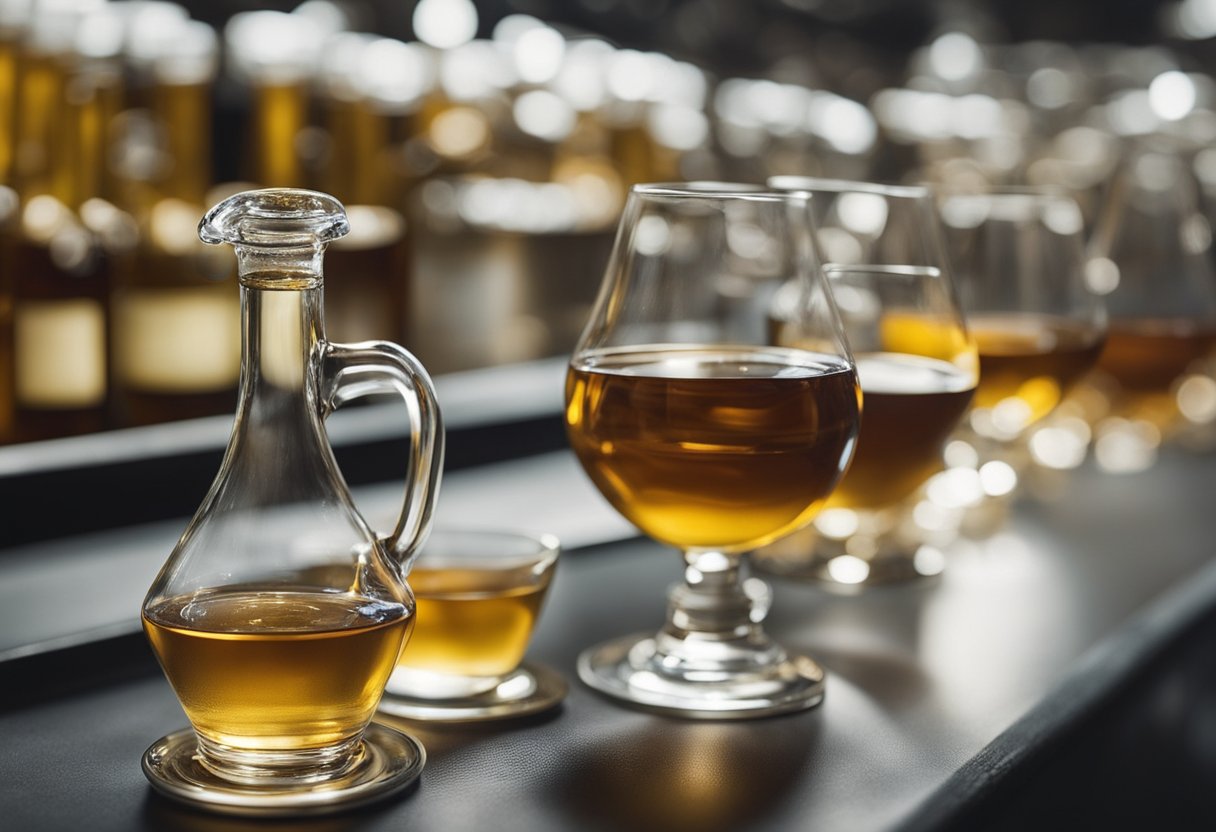
What is the difference between sherry vinegar and sherry cooking wine?
Sherry vinegar is made by fermenting sherry wine, while sherry cooking wine is made by adding salt and preservatives to sherry wine to make it shelf-stable.
Sherry vinegar has a tangy, acidic flavor, while sherry cooking wine has a sweeter taste with a hint of alcohol. Sherry vinegar is typically used as a finishing vinegar, while sherry cooking wine is used in recipes.
Can sherry vinegar be used as a substitute for sherry cooking wine?
Yes, sherry vinegar can be used as a substitute for sherry cooking wine in some recipes. However, since sherry vinegar is more acidic than sherry cooking wine, it may alter the taste of the dish.
In general, it is best to use sherry vinegar as a finishing vinegar rather than a cooking wine.
What type of sherry is best for cooking?
The type of sherry that is best for cooking depends on the recipe. In general, dry sherry is best for savory dishes, while sweet sherry is best for desserts.
Manzanilla and Fino are good choices for seafood dishes, while Oloroso and Amontillado are good choices for meat dishes.
How is sherry vinegar made?
Sherry vinegar is made by fermenting sherry wine. The wine is first aged in oak barrels for at least six months to a year.
Then, a small amount of vinegar culture is added to the wine, and the mixture is left to ferment for several months. The resulting vinegar is then aged for several years in oak barrels to develop its flavor.
What are some good substitutes for sherry cooking wine?
Some good substitutes for sherry cooking wine include dry white wine, apple cider vinegar, rice vinegar, and white grape juice.
Each of these substitutes will have a slightly different flavor profile, so it is important to choose the one that best complements the other ingredients in the recipe.
What are some common uses for sherry vinegar in cooking?
Sherry vinegar is a versatile ingredient that can be used in a variety of dishes. It is commonly used as a finishing vinegar to add a tangy, acidic flavor to salads, soups, and stews.
It can also be used to deglaze pans and add depth of flavor to sauces and marinades. Additionally, sherry vinegar can be used to pickle vegetables or add acidity to fruit-based desserts.



